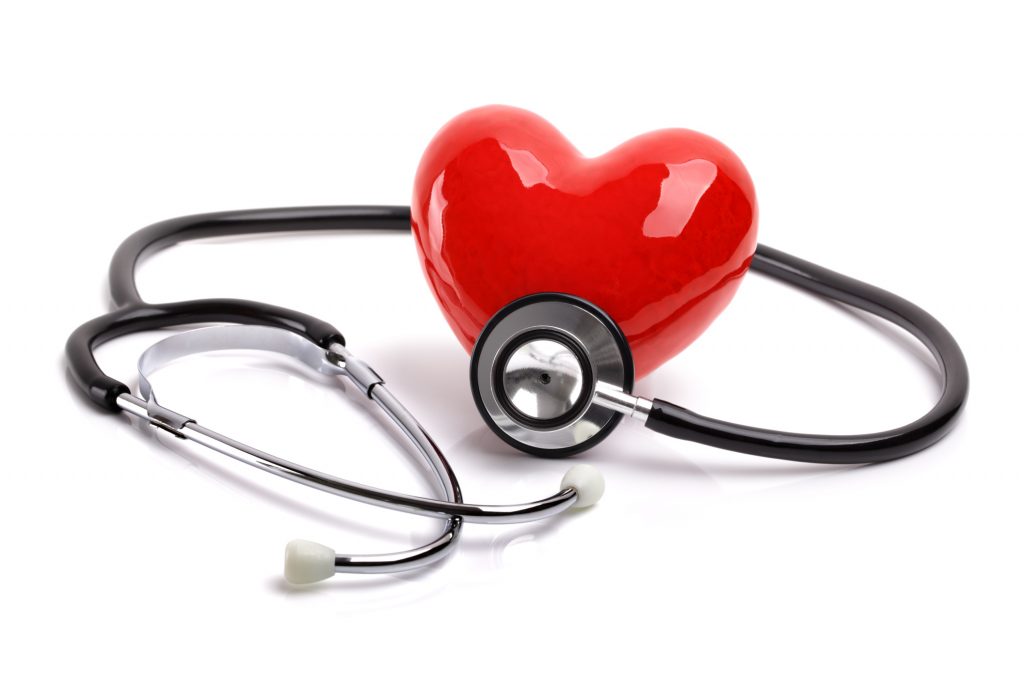February is Heart Month
by the Thunder Bay Regional Health Sciences Centre Heart Month Group
 A heart attack is a medical emergency. Recognizing the signs is the first critical step in cardiac care.
A heart attack is a medical emergency. Recognizing the signs is the first critical step in cardiac care. Every February, the world comes together to celebrate the heart. The heart is an important organ and without it, we would truly be lost. February is a time to share heart-healthy tips and education, and bring awareness to heart disease.
So, what do you need to know about Heart Month 2021?
Thunder Bay Regional Health Sciences Centre will be sharing articles during the month of February focusing on specific topics about the heart. Continue reading to learn more about your heart and how to recognize the signs of a heart attack in today’s article.
Recognize the Signs of a Heart Attack
A heart attack is a medical emergency. Recognizing the signs is the first critical step in cardiac care.
Your heart is a muscle. Its job is to pump blood around your body. The heart is about the size of your fist and it is protected by your ribs and breastbone (sternum). It beats about 100,000 times a day.
Each beat of your heart pumps blood through a network of arteries and veins. Blood delivers essential oxygen and nutrients to every cell. Blood takes away waste products and carbon dioxide. Arteries carry oxygen-rich blood from the heart throughout the body. Veins carry oxygen-poor blood back to your heart and lungs to start the cycle over again. Like any other muscle, the heart needs its own supply of oxygen-rich blood to function. The coronary arteries handle this job.
In a person with coronary artery disease, the coronary arteries become narrower or blocked so your heart does not get enough oxygen to do its job effectively.
With your heart being so vital, we need to recognize the signs that something is not right and seek medical attention immediately.
The sign of a heart attack can vary and may be different for men and women.
- Chest Discomfort – Pressure, squeezing, fullness or pain, burning or heaviness
- Sweating
- Upper Body Discomfort – neck, jaw, shoulder, arms, back
- Nausea
- Shortness of Breath
- Light-Headedness
The most common sign of a heart attack is chest pain or discomfort; however, women can experience a heart attack without chest pain. Women may experience shortness of breath, pressure or pain in the lower chest or upper abdomen (“severe heart burn”), dizziness, lightheadedness or fainting, upper back pressure or extreme fatigue.
Thousands of Canadians die from heart attacks each year. It is important to recognize the signs and act quickly. You could save a life.
- Call 9-1-1 or your local emergency number immediately. Emergency personnel can start treatment enroute to the hospital.
- Stop all activity. Sit or lie down, in whatever position is most comfortable.
- Take your nitroglycerin – If you take nitroglycerin, take your normal dosage.
- Take Aspirin® – Chew and swallow an Aspirin® (ASA), if you are not allergic or intolerant (either one 325 mg tablet or two 81 mg tablets).
- Rest and wait – Stay calm while waiting for help to arrive.
- Keep a list of your medications in your wallet and by the phone.
Visit the Heart and Stroke Foundation website for more information on heart education and heart health tips including support, prevention and recovery. https://www.heartandstroke.ca/